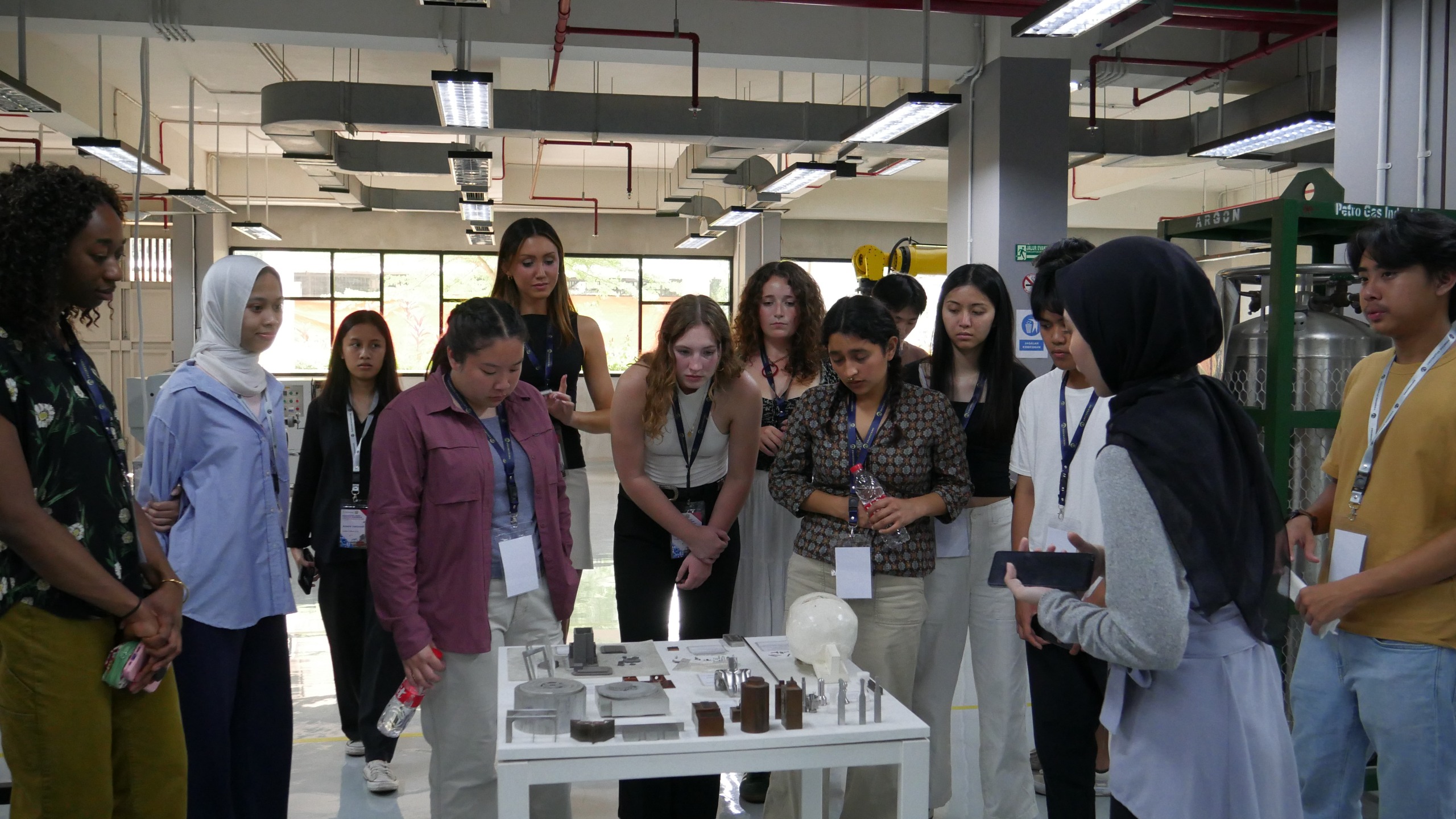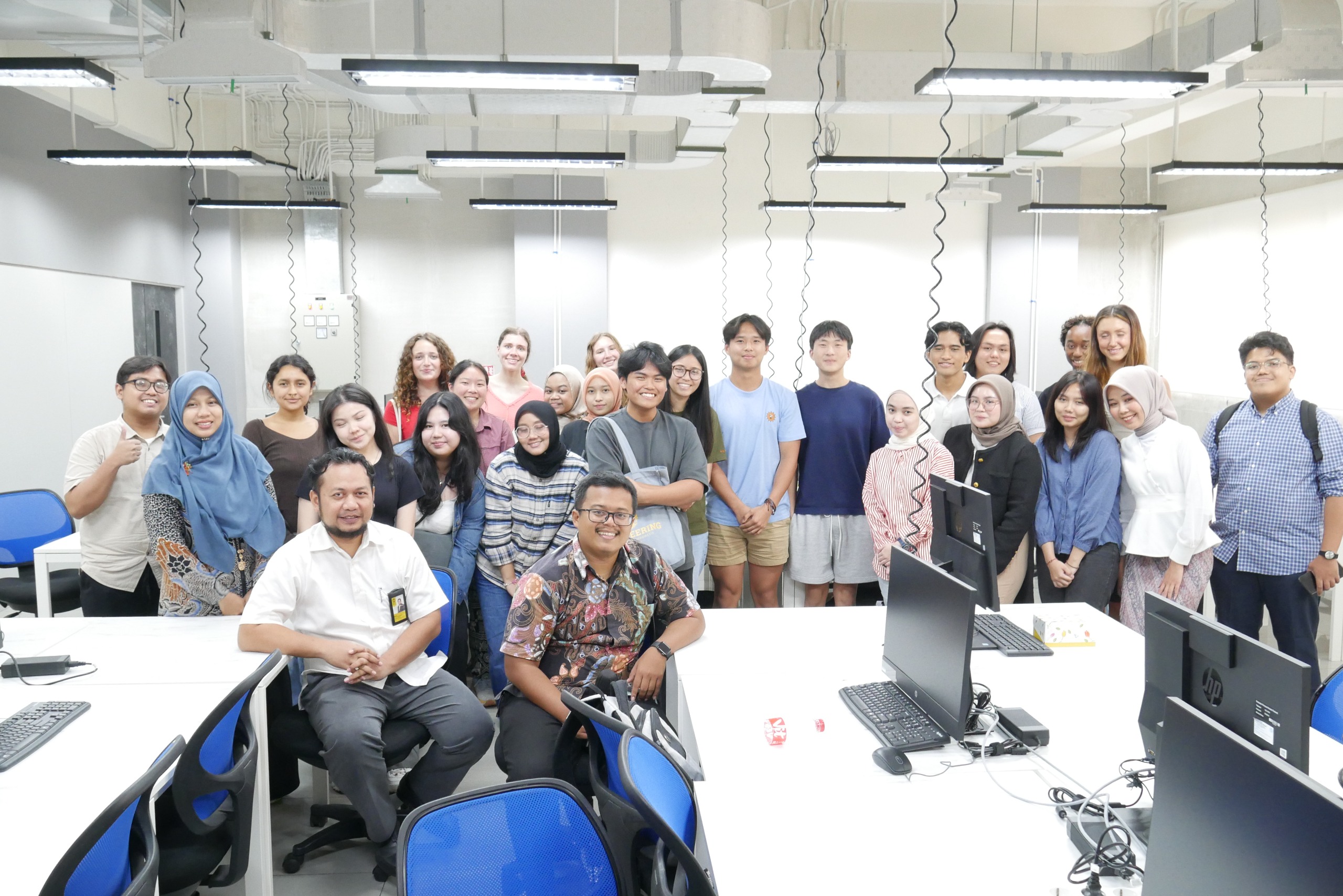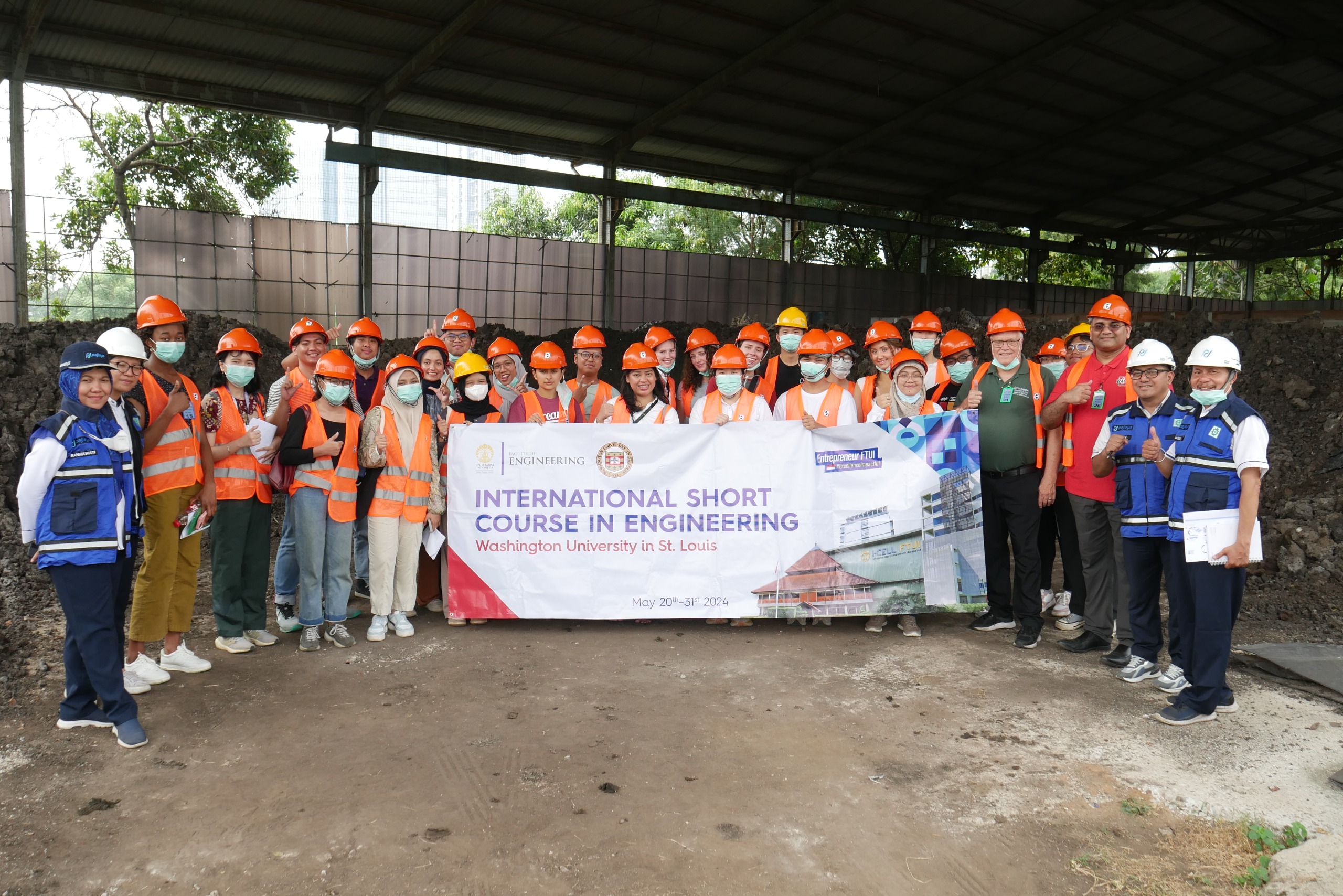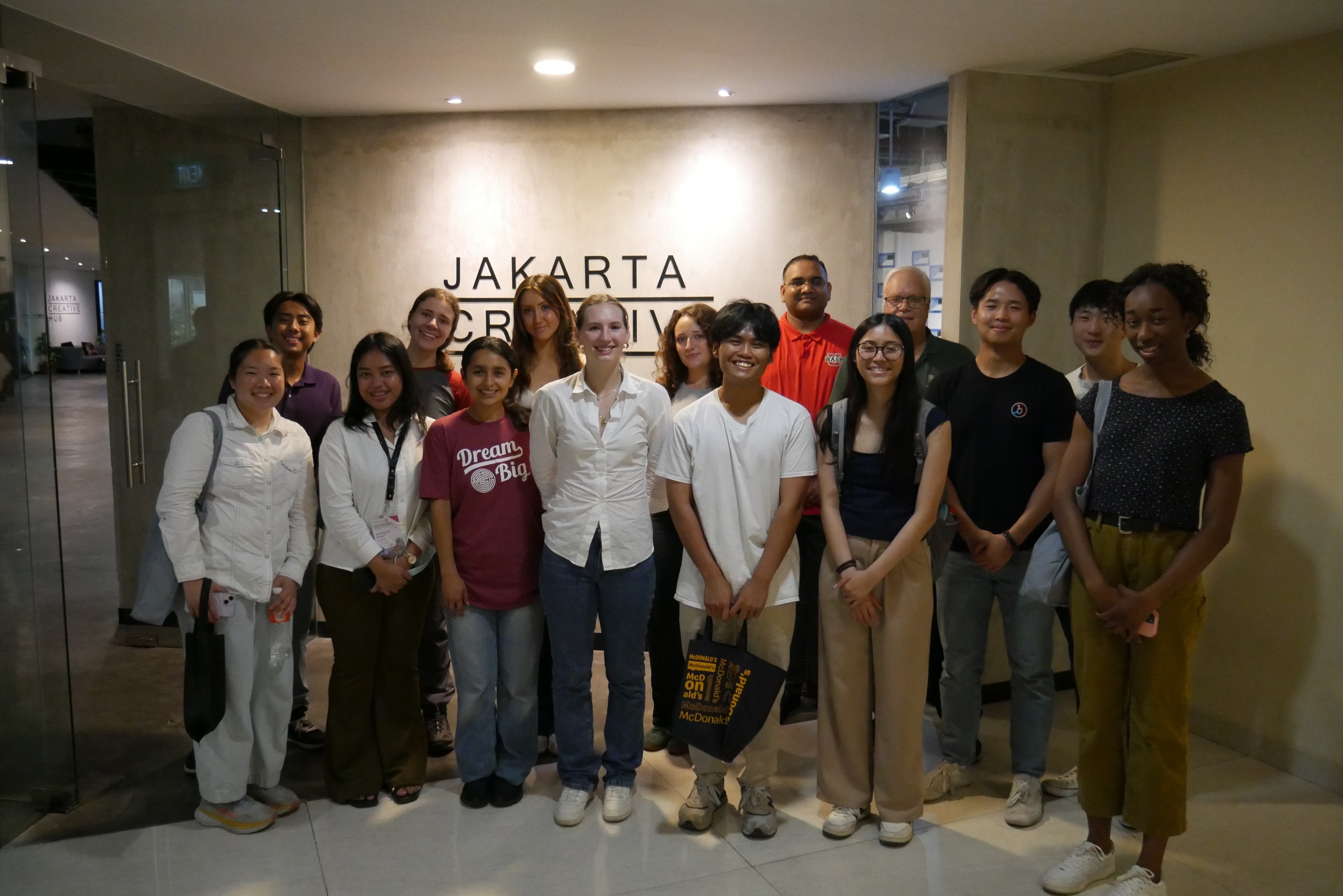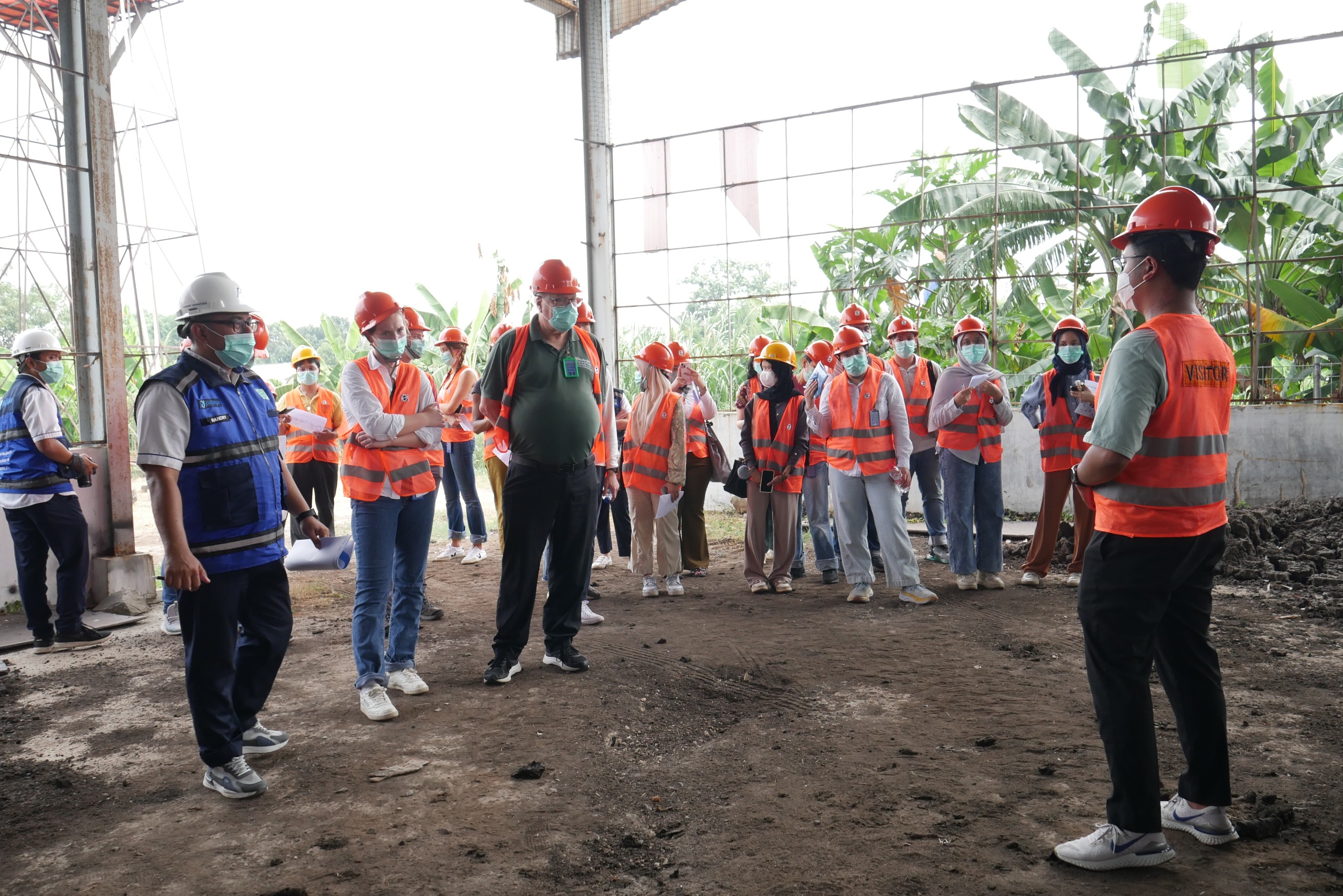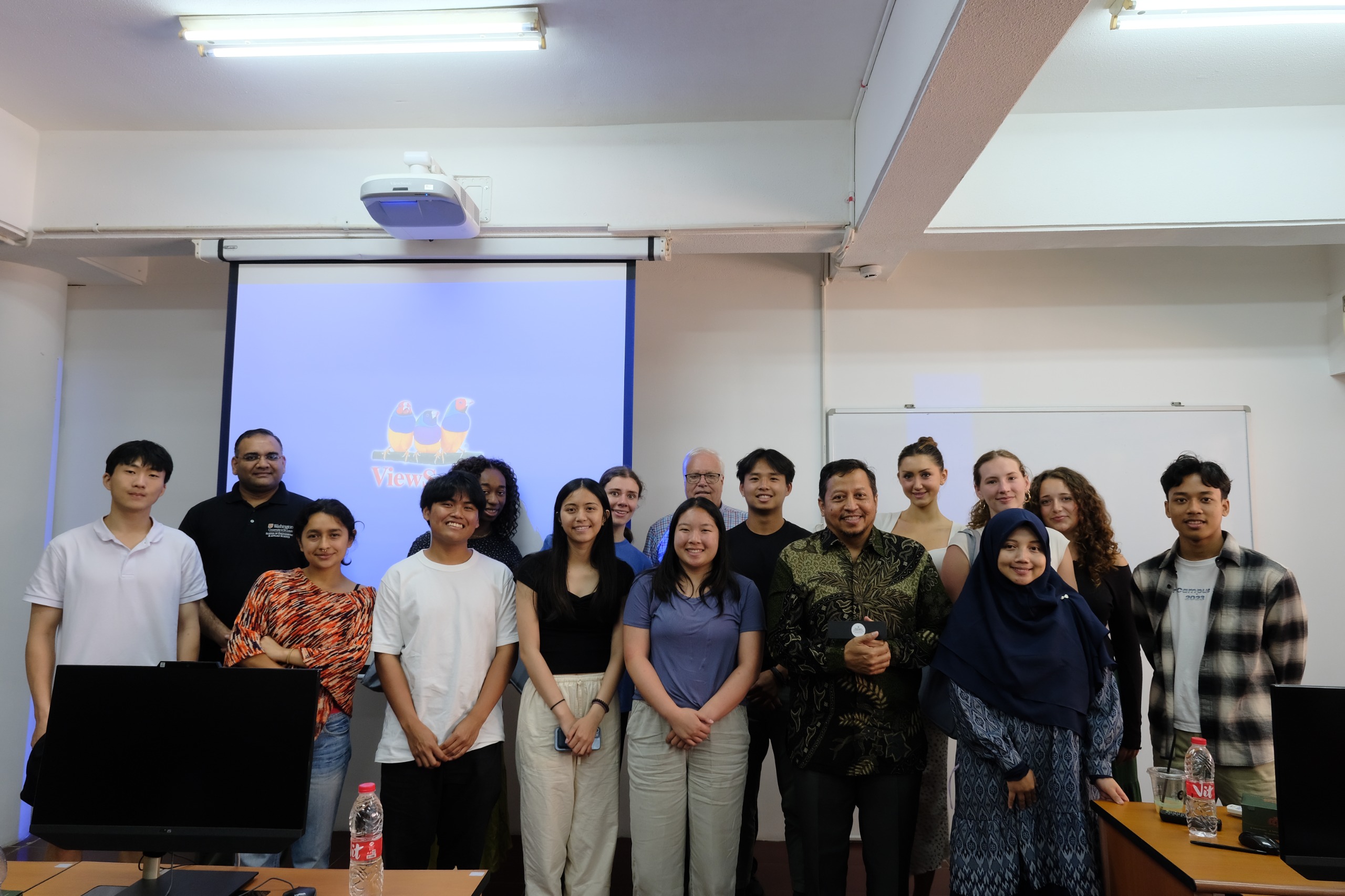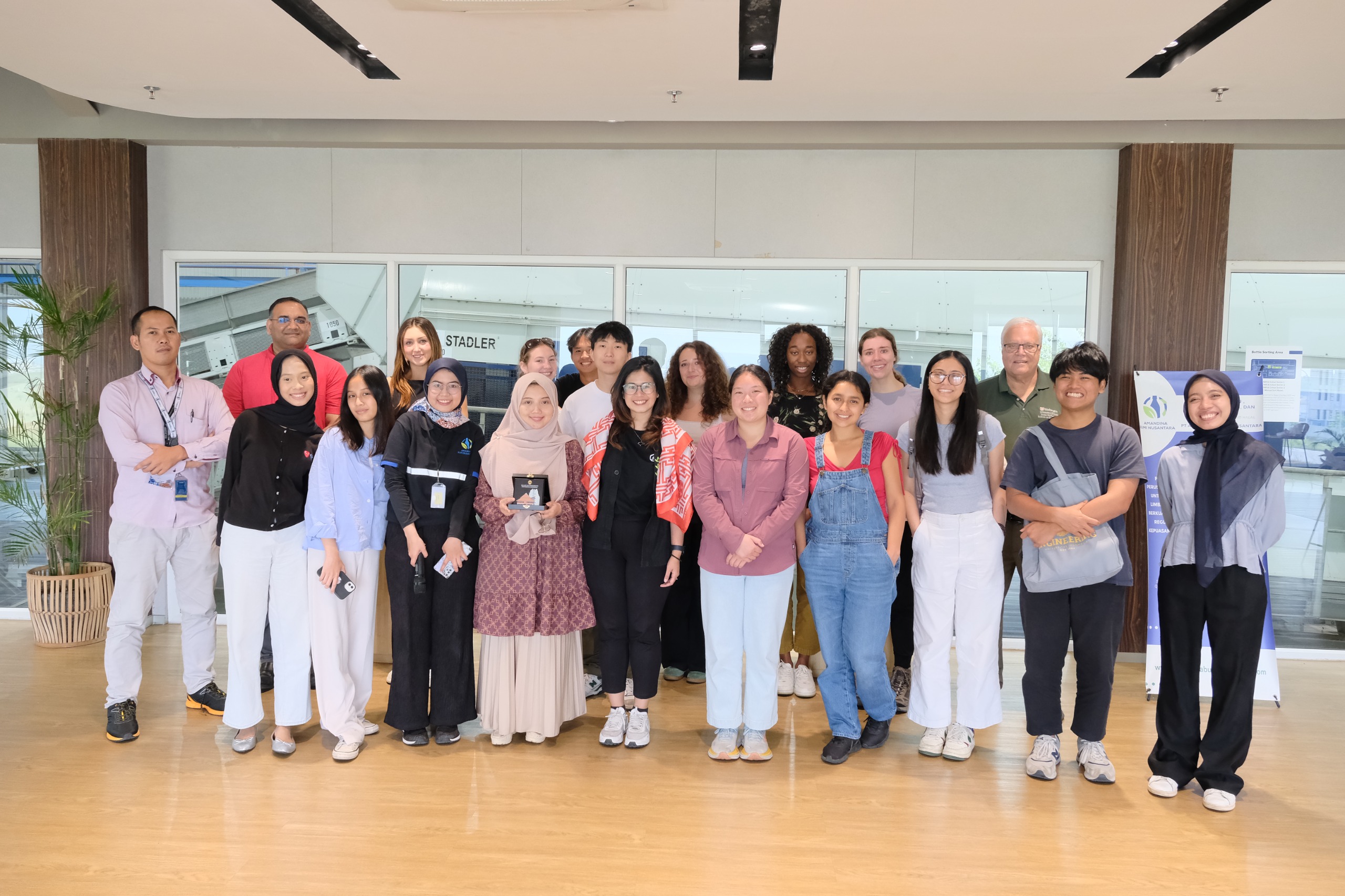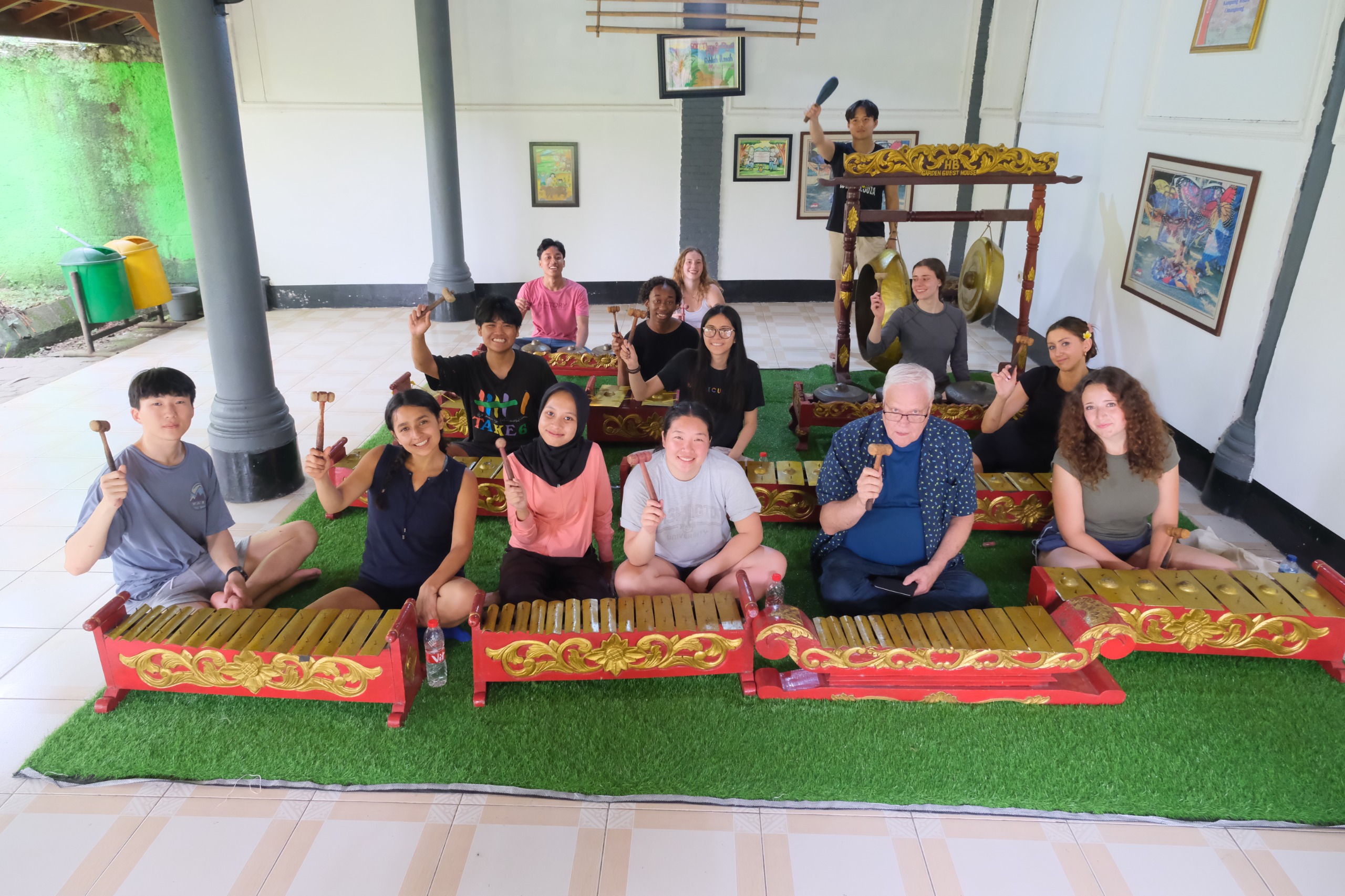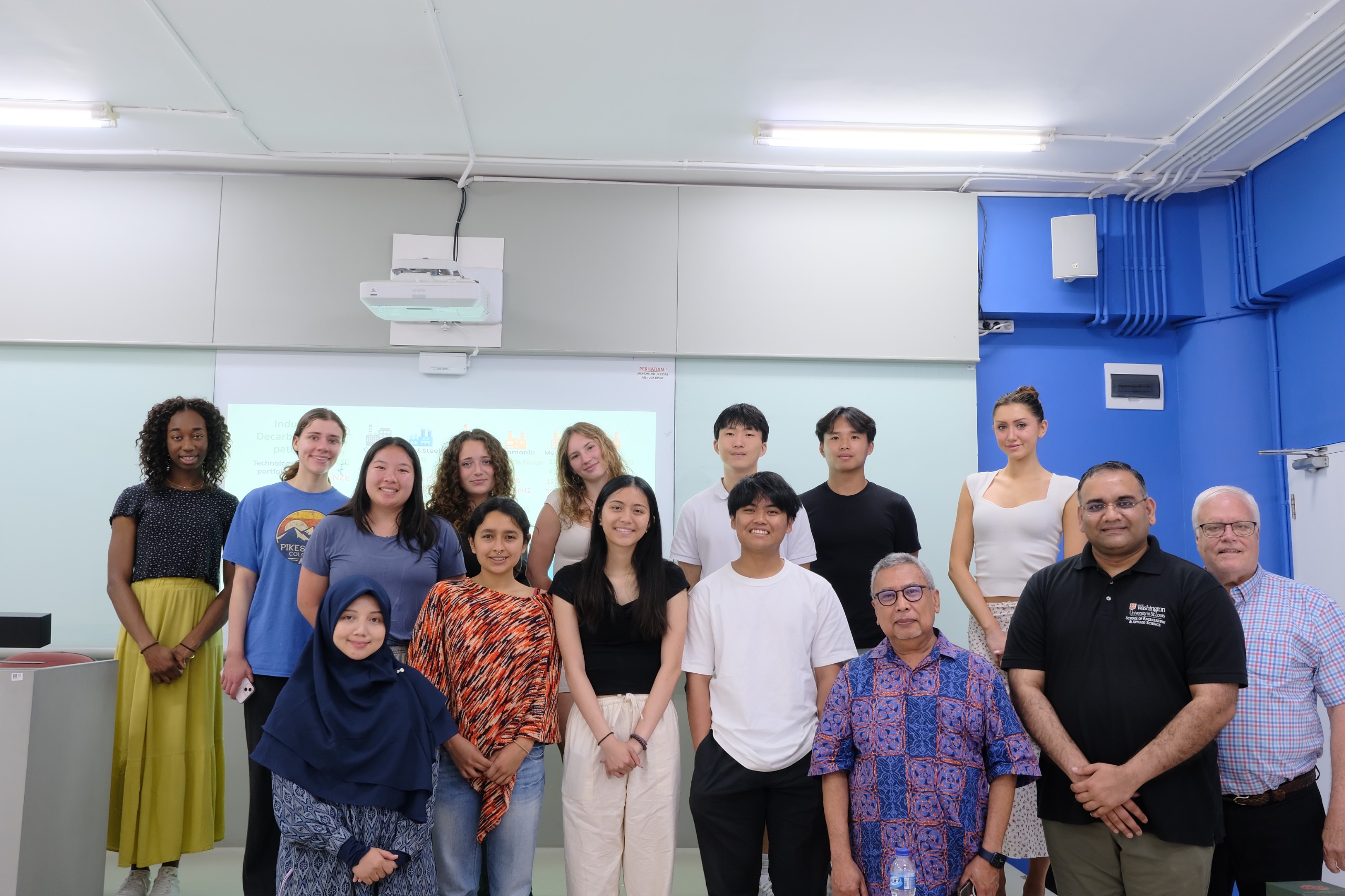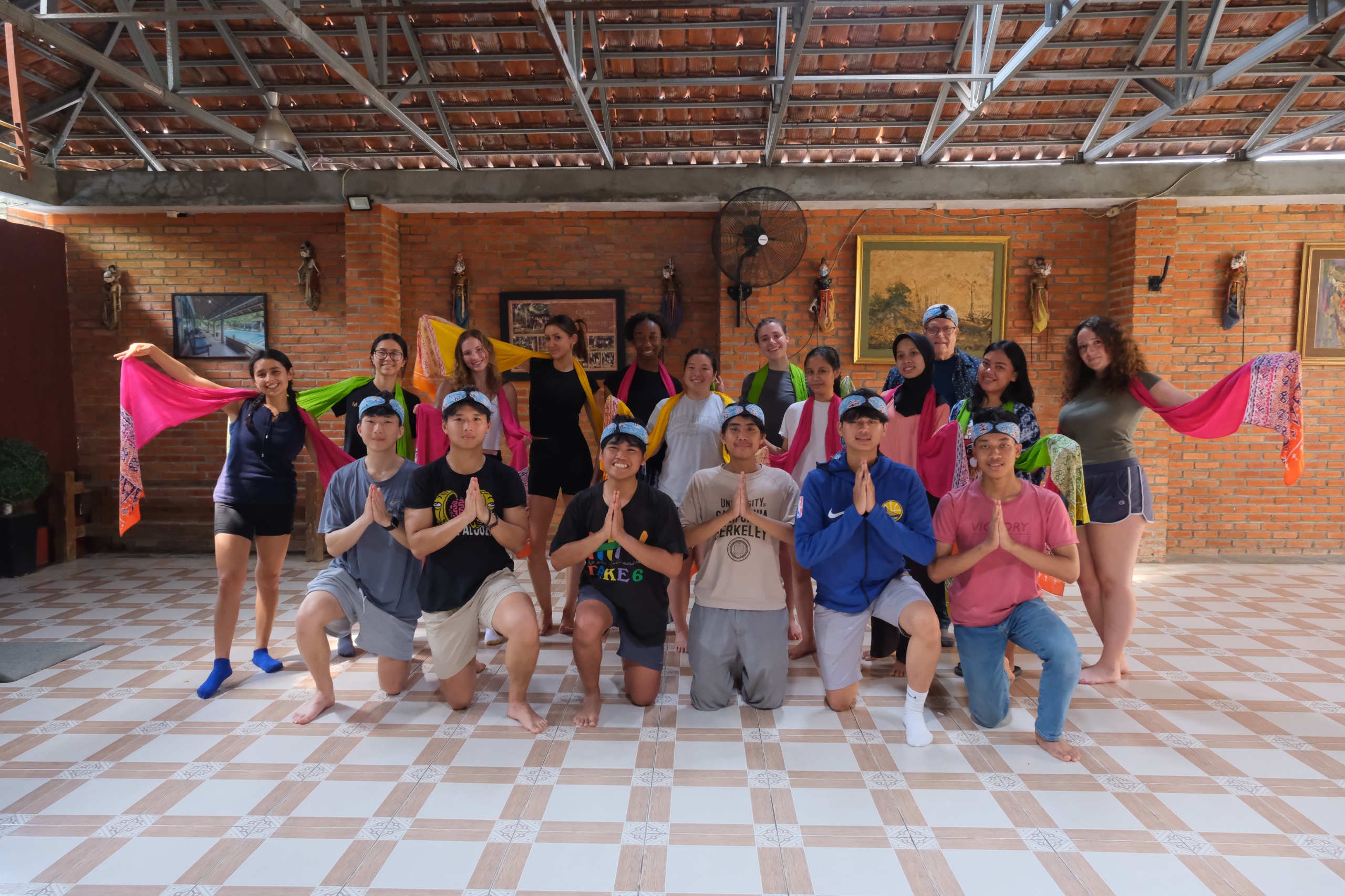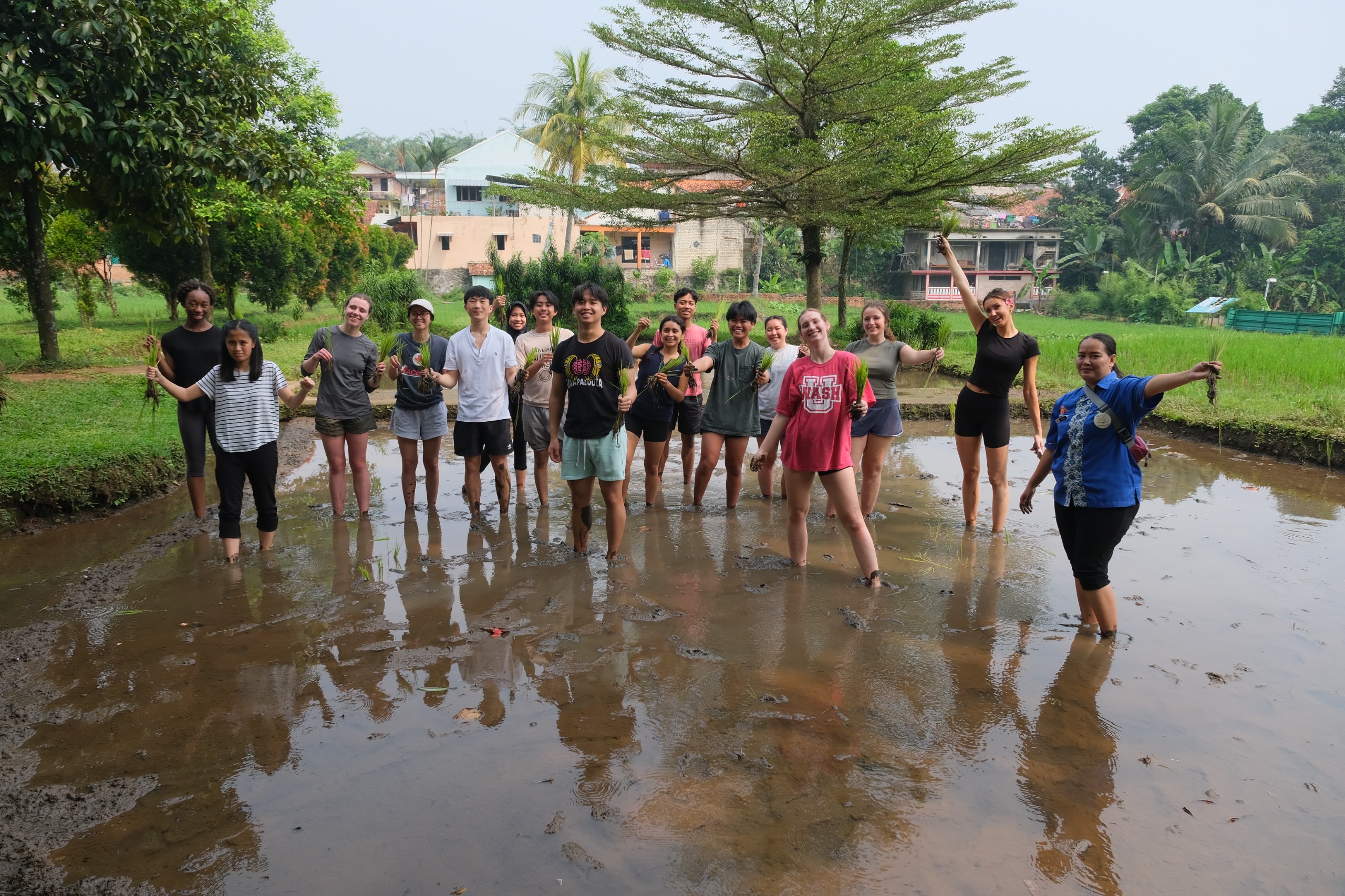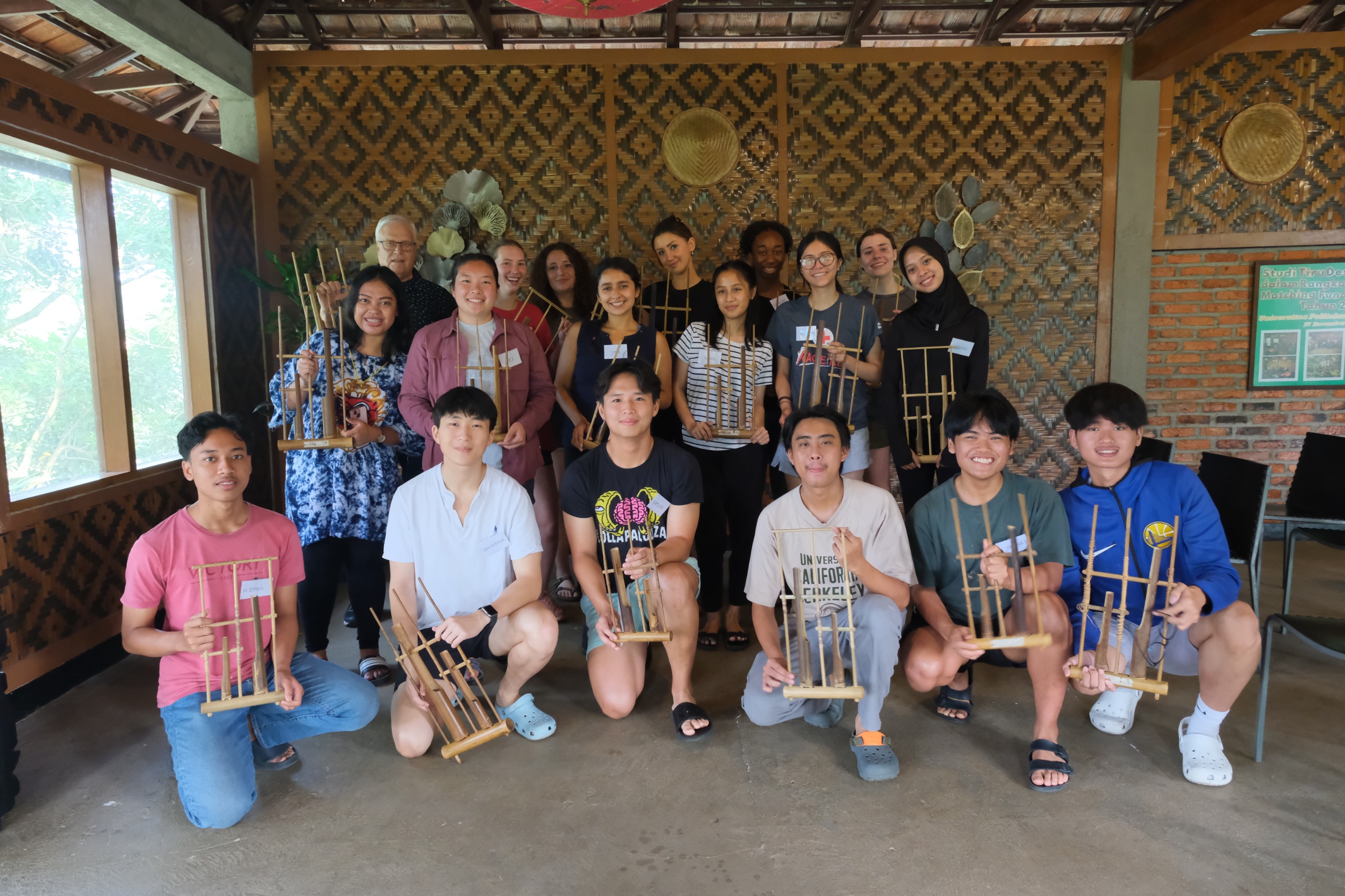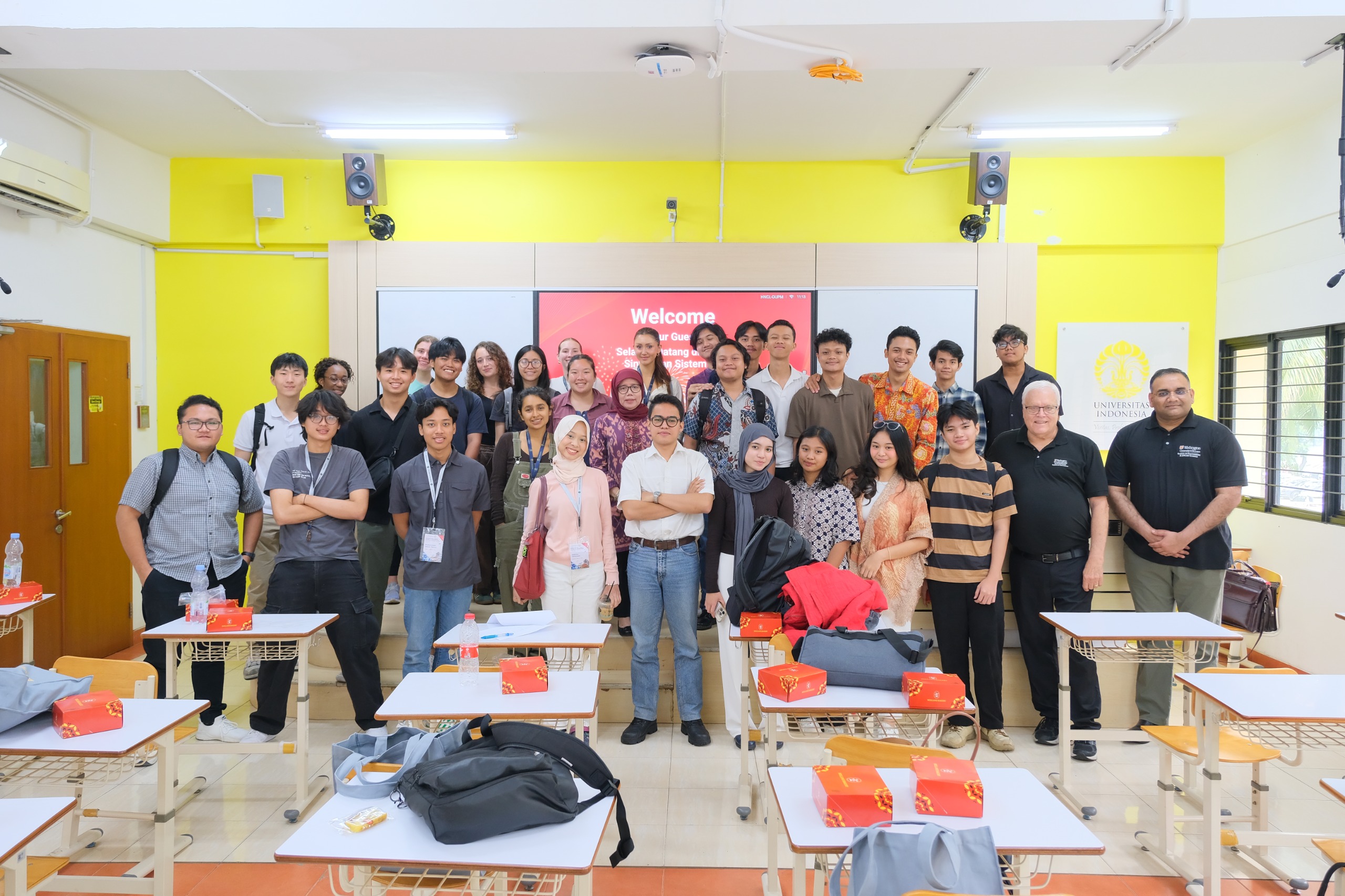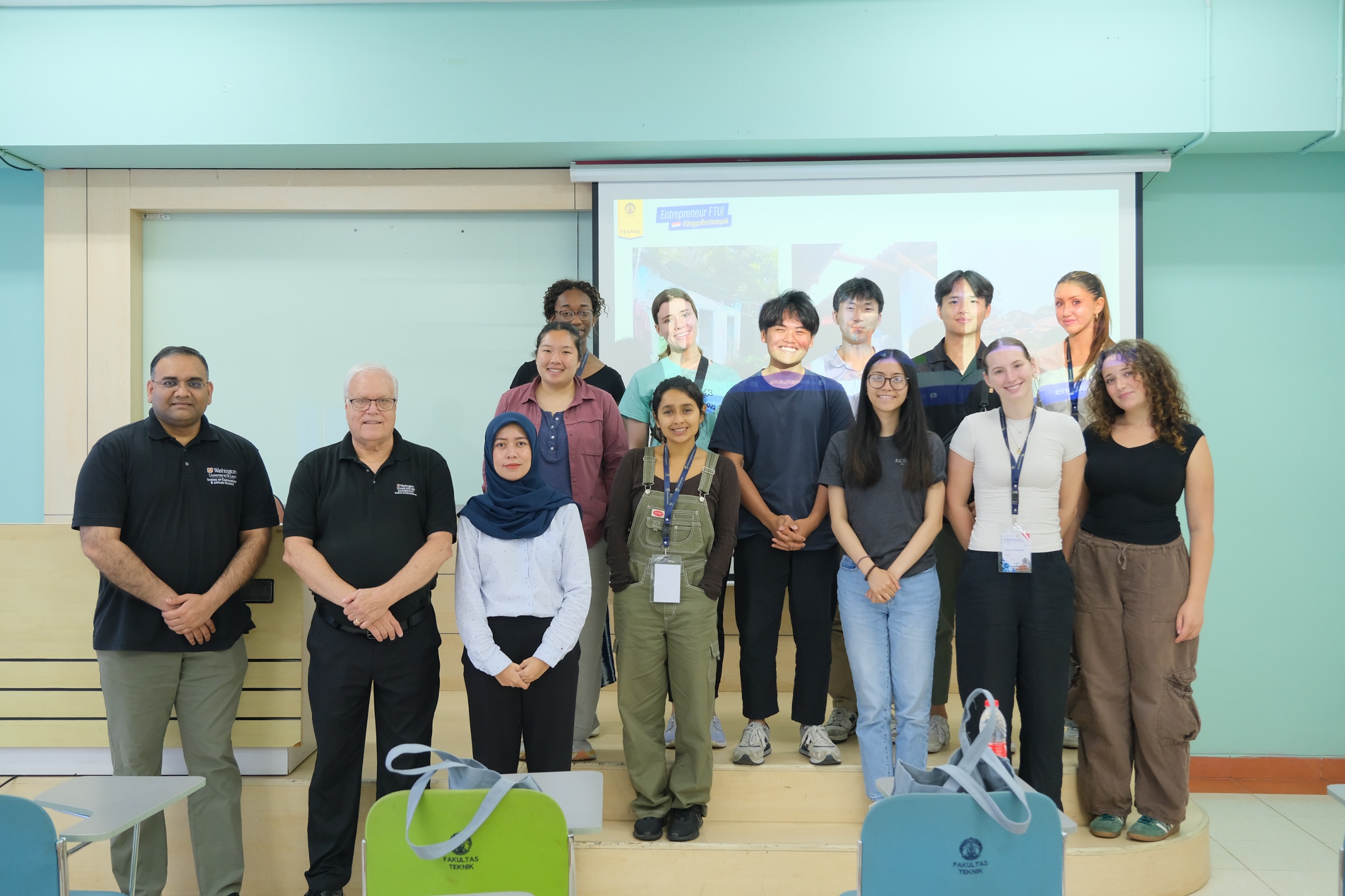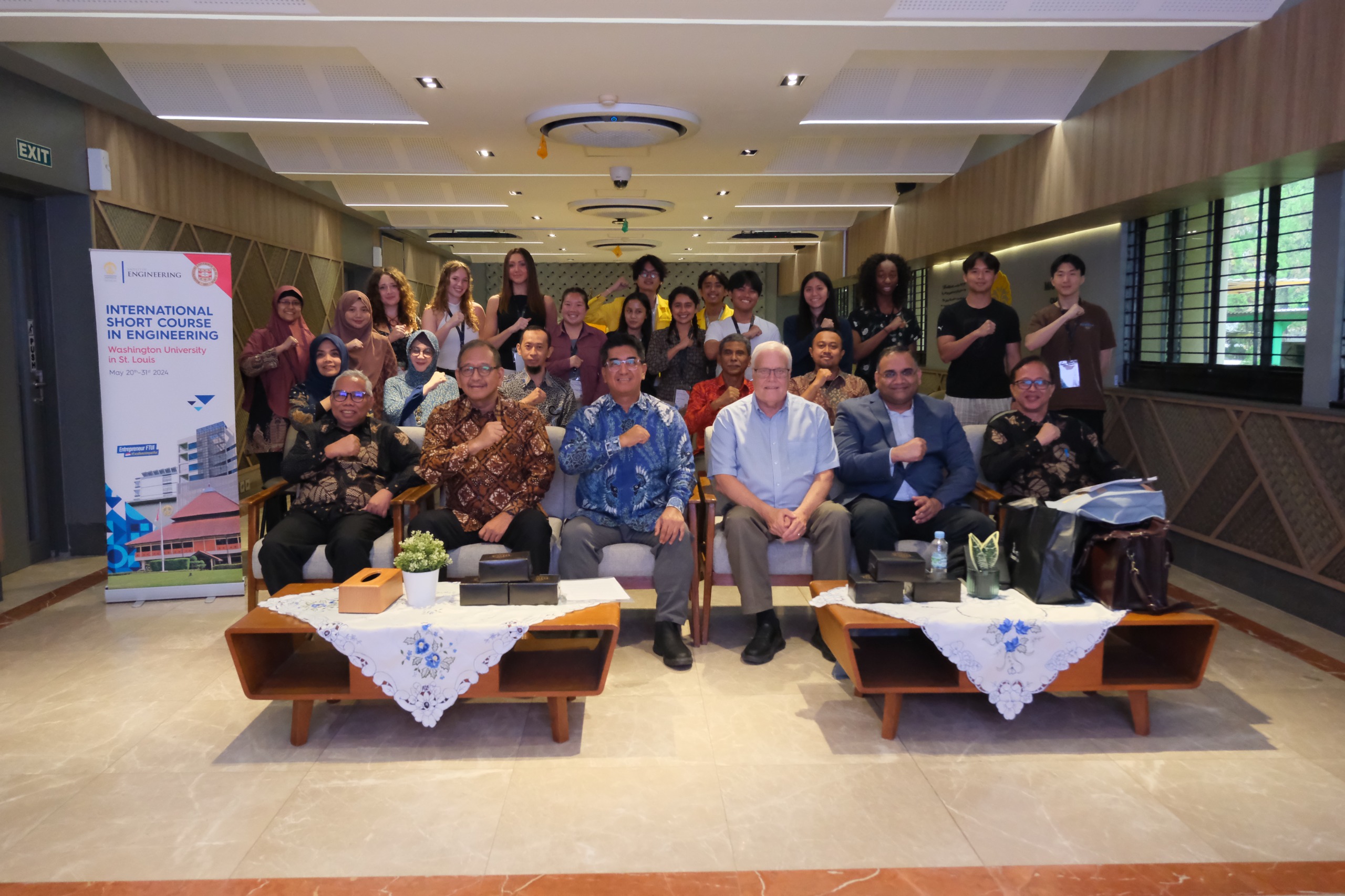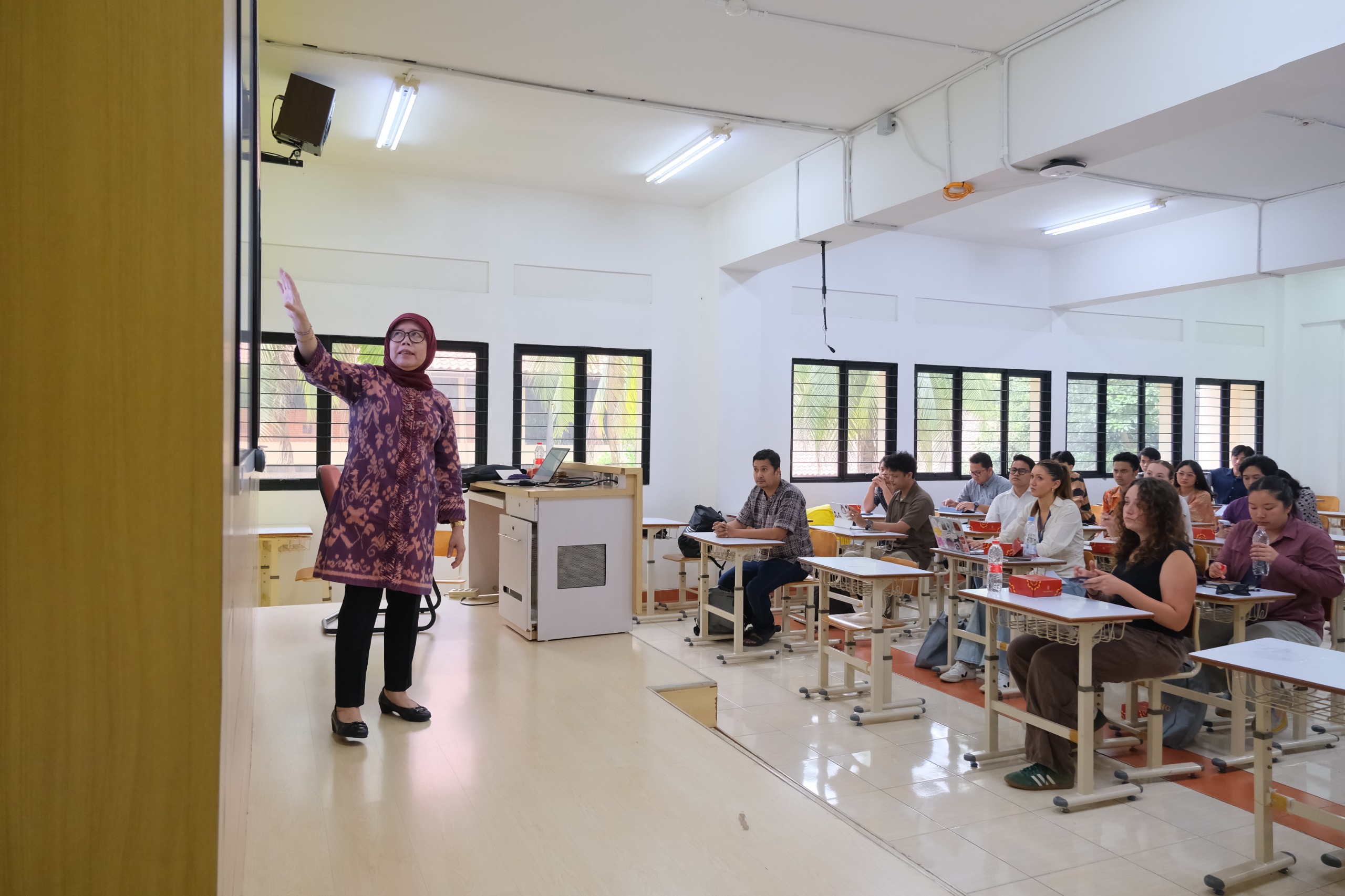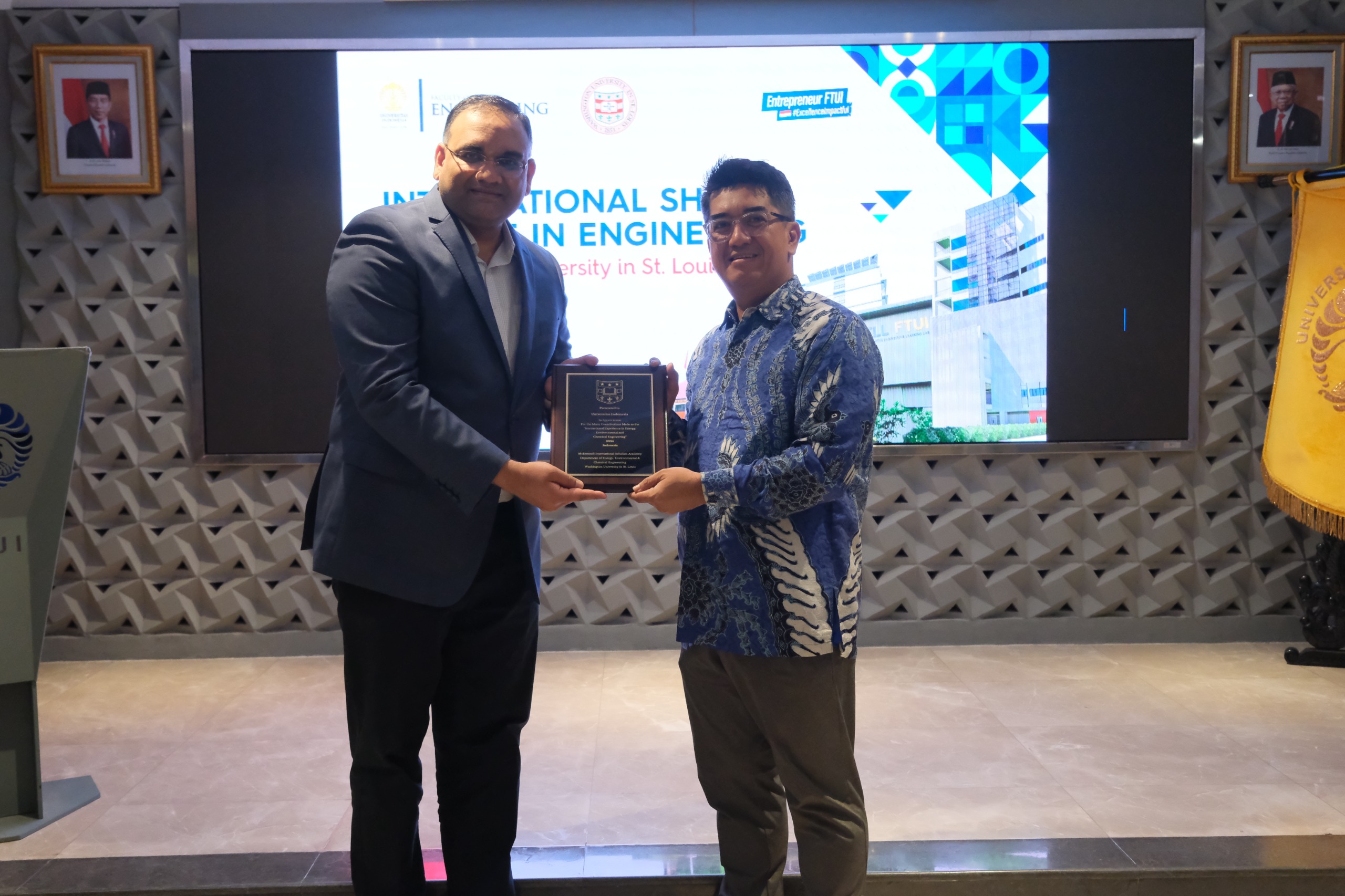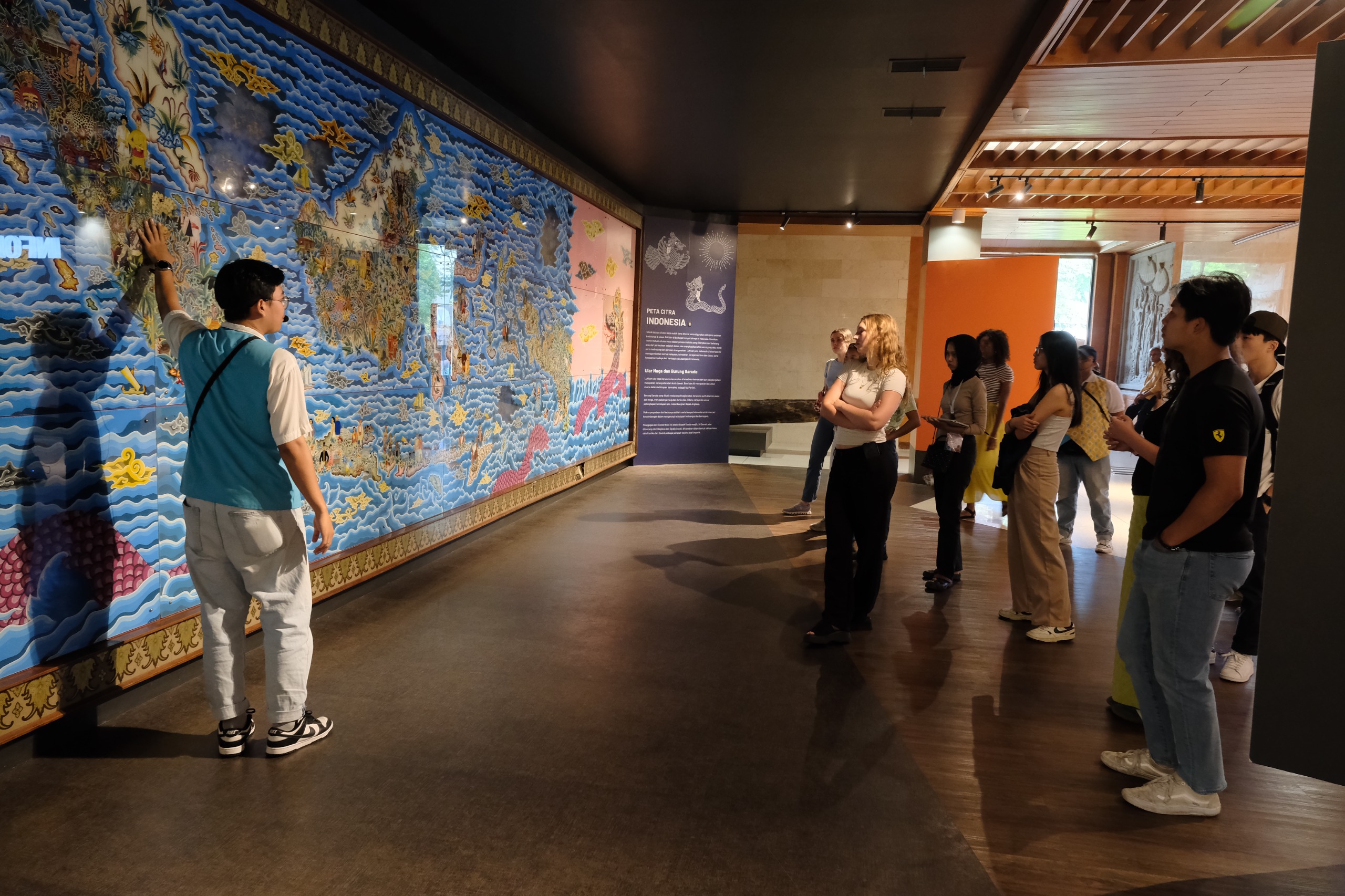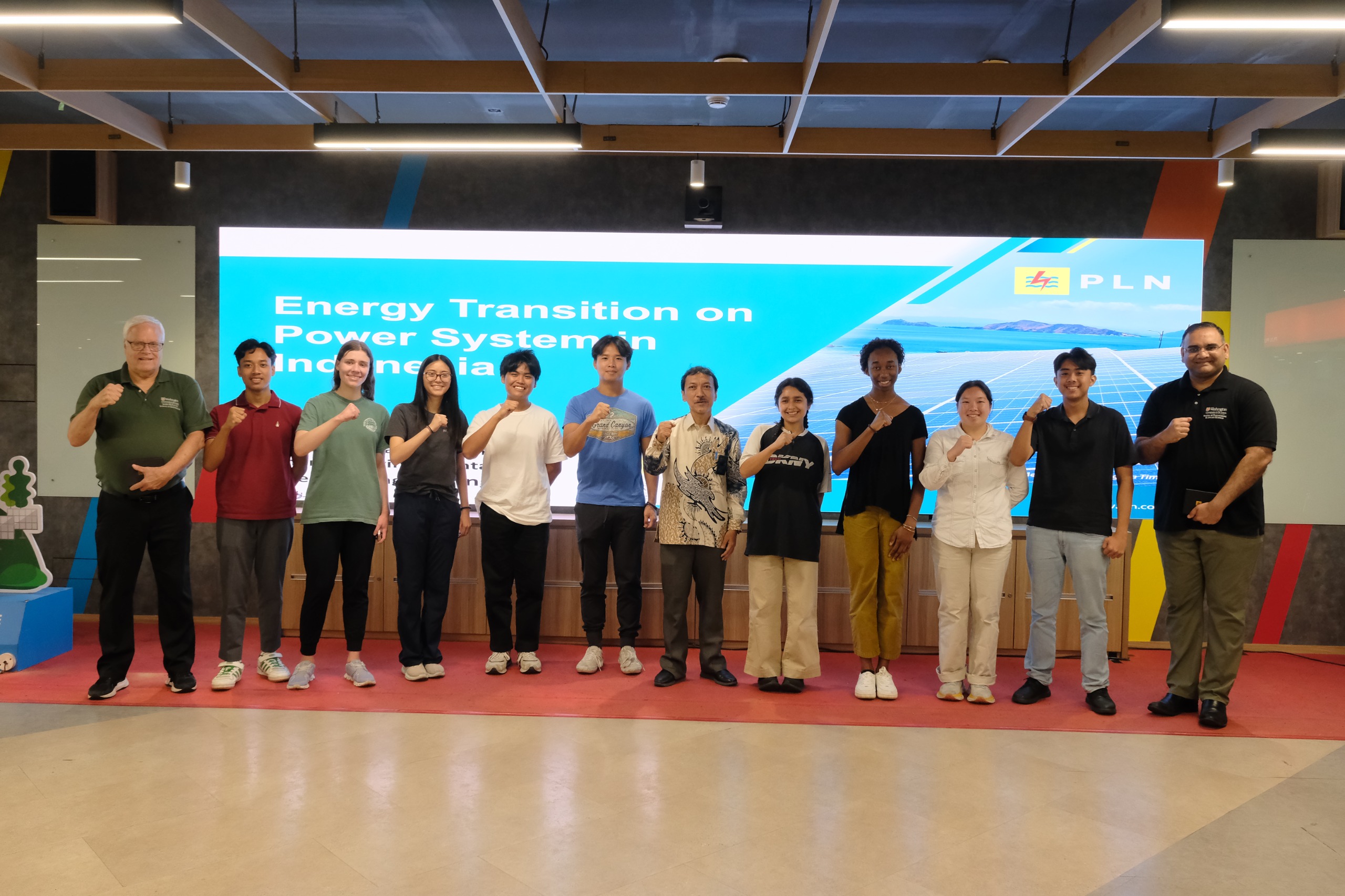The Faculty of Engineering at Universitas Indonesia (FTUI) organized an international mobility program for Washington University (WashU) students. Eleven WashU students participated in the Short Course Program, ‘ International Experience in Energy, Environmental, and Chemical Engineering.’ The program ran for two weeks, from May 20 to May 31, 2024, featuring a variety of academic and cultural activities.
At the opening of the Short Course Program, Prof. Dr. Ir. Heri Hermansyah, S.T., M.Eng., IPU, Dean of FTUI, stated, “For the next two weeks, we hope the WashU students will look forward to and enjoy a range of activities in classrooms, laboratories, industries, and cultural sites. We hope this program enriches cross-cultural understanding and builds international networks for WashU and our students.”
Washington University’s Vice Chancellor for Graduate Education and International Affairs, Vijay K. Ramani, expressed his enthusiasm for the program, “We greatly appreciate the warm welcome from the Faculty of Engineering at UI. During this opportunity, our students will experience learning in a different culture and environment. We hope this collaboration will continue and strengthen the relationship between the two institutions.”
During the program, the academic activities included academic talks, case studies with FTUI students, research projects, and industrial visits. The academic talks involved six lecturers from four departments at FTUI: Prof. Dr. Ir. Widodo Wahyu Purwanto, DEA. (Chemical Engineering), Prof. Dr. Ir. Anne Zulfia Syahrial, M.Sc. (Metallurgical and Materials Engineering), Prof. Dr.-Ing. Ir. Misri Gozan, M.Tech. (Chemical Engineering), Dr. Basari, S.T., M.Eng. (Electrical Engineering), Nopa Dwi Maulidiany, S.T., M.T., Ph.D (Civil and Environmental Engineering), and Ir. Chairul Hudaya, S.T., M.Eng., Ph.D., IPM. (Electrical Engineering). These lecturers provided in-depth insights on various topics related to energy, environmental, and chemical engineering in Indonesia.
The case study activities and research projects were conducted three times during the program. In the case study sessions, WashU students were divided into small groups to discuss with students from the Chemical Engineering Department, Environmental Engineering Study Program, and Electrical Engineering Department of FTUI. Additionally, the students were given tasks related to research projects to deepen their understanding of the material studied.
The WashU students also visited five industries around the Greater Jakarta area, including IPLT Paljaya Duri Kosambi, Jakarta Creative Hub, Amandina Bumi Nusantara, PT PLN, and Block71. These industries operate in waste management, creative innovation, energy, and technology sectors. Through these visits, the students gained direct insights into technology and innovation across various industrial sectors in Indonesia.
Apart from academic activities, the students were introduced to Indonesian culture through tours to Cinangneng Tourism Village and Taman Mini Indonesia Indah (TMII). At Cinangneng Tourism Village, they had the opportunity to learn traditional musical instruments such as gamelan and angklung, participate in traditional Indonesian dance workshops, make handicrafts, and prepare traditional snacks. Meanwhile, their visit to TMII allowed them to observe replicas of traditional houses from various Indonesian provinces, showcasing the unique architecture and cultural wealth of each region. These activities provided the students with an immersive experience of Indonesian cultural richness.
One WashU student, Harry, expressed, “We are very pleased with the activities provided in this program. We learned a lot about various disciplines in engineering and the environment from the research at FTUI and the industrial visits. This experience will certainly help us become better engineers. Additionally, as this is our first time in Indonesia, we also had many interesting experiences with the food and the beauty of Indonesian culture.”
***
Public Communication Office
Faculty of Engineering, Universitas Indonesia

